Why does GBE need a waiver of the 60-day notice? We're only talking about a period of a couple weeks here. What is so gosh-darn important about those 2 weeks to a project that has been languishing for a decade or more? Those couple weeks aren't going to make or break the project, but they would harm the interests of affected landowners and communities who need time to find counsel and organize their finances to pay to protect their private property from Invenergy's greedy invasion.
GBE says
Grain Belt Express sought waiver of the requirement to file notice 60 days in advance, explaining that it filed the Notice of Intent as soon as practical after the finalization and public announcement of the proposed modifications to the Project.
Here's the real story: Those few weeks allow the new "landowner protection" law (that really doesn't protect landowners) to apply to Grain Belt Express. GBE needs the 60-day waiver to avoid legally filing its application after the law's effective date of August 28.
GBE says it would voluntarily follow the law if the PSC approves the waiver, but who believes GBE's promises at this point? GBE also forgets to mention that its "generous" offer to compensate landowners at 150% of GBE's assessed value of their property takes the place of its former 110% value PLUS payments of up to $18K for each transmission tower structure on your property. Who says that 150% is a better deal than 110% plus structure payments? Nobody but GBE, the fox inside your hen house.
It's more than obvious that GBE is only interested in a waiver because following the law means GBE would have to, well, follow the law. Apparently they don't want to. Instead, GBE attorneys whine on and on and create a thousand irrelevant arguments and insult the other parties, calling them "political theater."
But perhaps the best part of this filing is the attached data response to PSC Staff's question. Look at this giant list of non-construction activities GBE has done during the 2-year period it had to begin construction without voiding its permit. But none of that fluff matters. There are only a couple of items on the list that matter, and they were completed mere days before the deadline. Seems almost like GBE tried to spend the least amount of money it could trying to pretend it had started construction.
Between the effective date of the Report and Order on Remand in Case No. EA-2016-0358 (i.e. April 19, 2019) and the end of the two year period established by Section 393.170.3 RSMo and referenced by 20 CSR 4240-20.045(2)(D) (i.e. April 19, 2021), Grain Belt Express conducted the following activities in exercise of its certificate of convenience and necessity (“CCN”).
1. Constructing access roads of approximately 800 feet in total with such work commencing on April 9, 2021 at approximately State Hwy C & County Rd 141, Braymer, MO 64624 in Caldwell County and April 12, 2021 at approximately Hwy 3, Huntsville, MO 65259 in Randolph County.
2. Installing foundations for transmission towers on property owned in fee simple in Chariton County at approximately Allen Rd & St. Joseph Ave, Keytesville, MO 65261 and Clinton County at approximately NE 280th St & NE Estep Rd, Turney, MO 64493, with such work commencing on April 13, 2021 in both counties and completed on April 17 and 20, 2021, respectively.
Do you think maybe the MO PSC is starting to think that GBE could possibly be lying to them? GBE lawyers might be more effective at this point using Door Dash to make a vanilla panna cotta delivery to the PSC, stat!!!
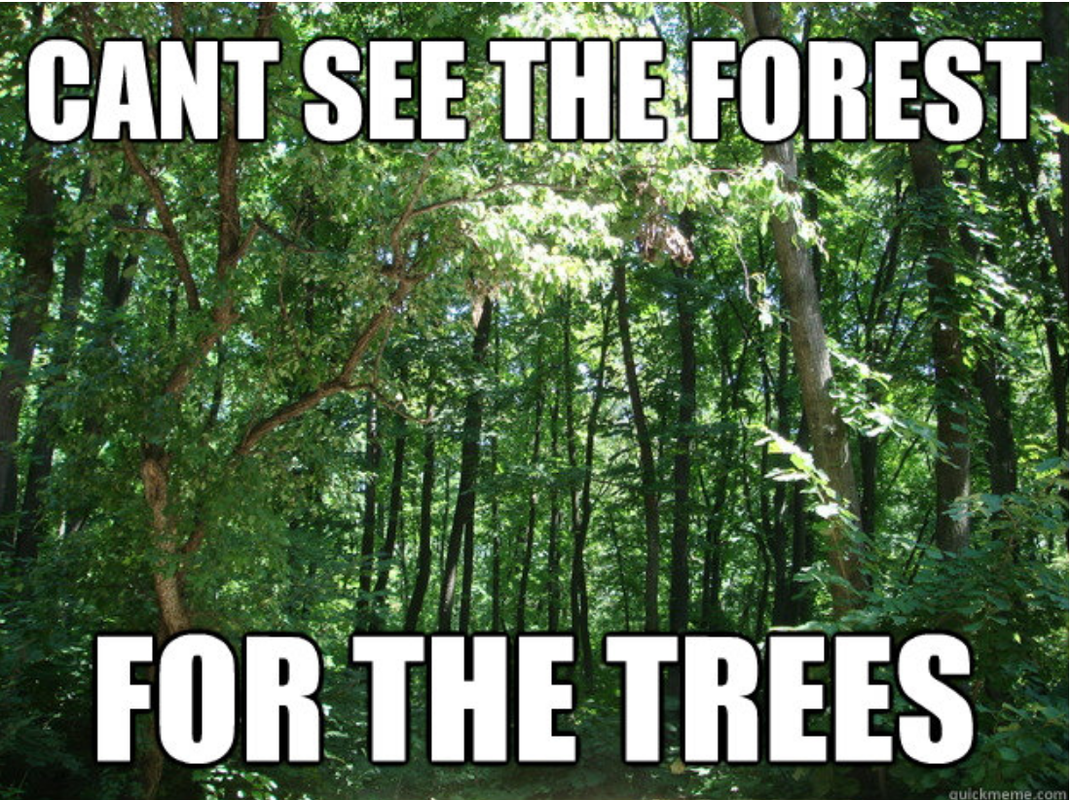

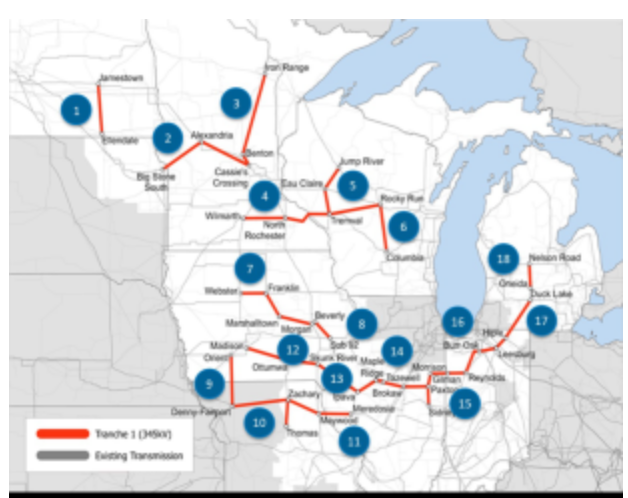

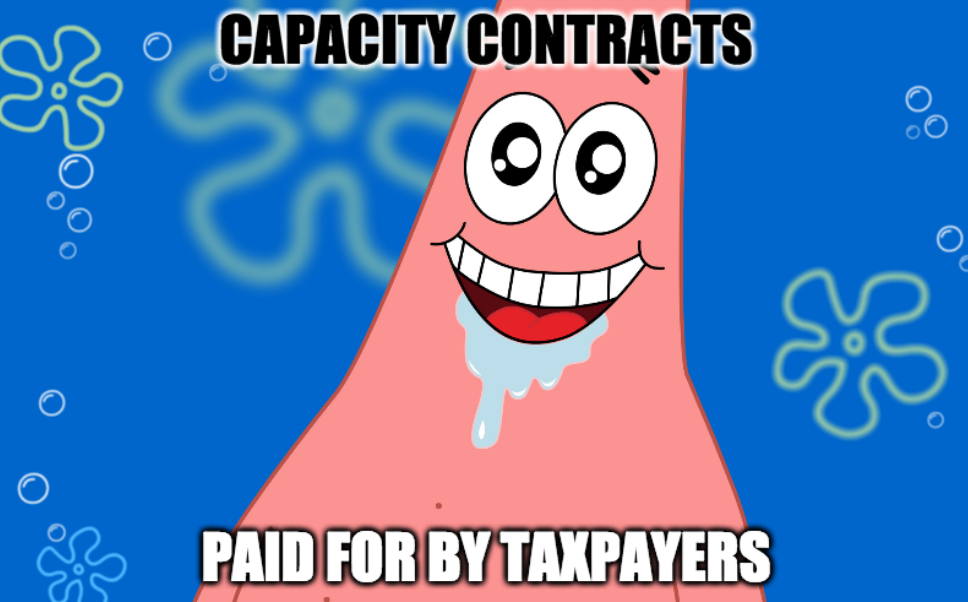
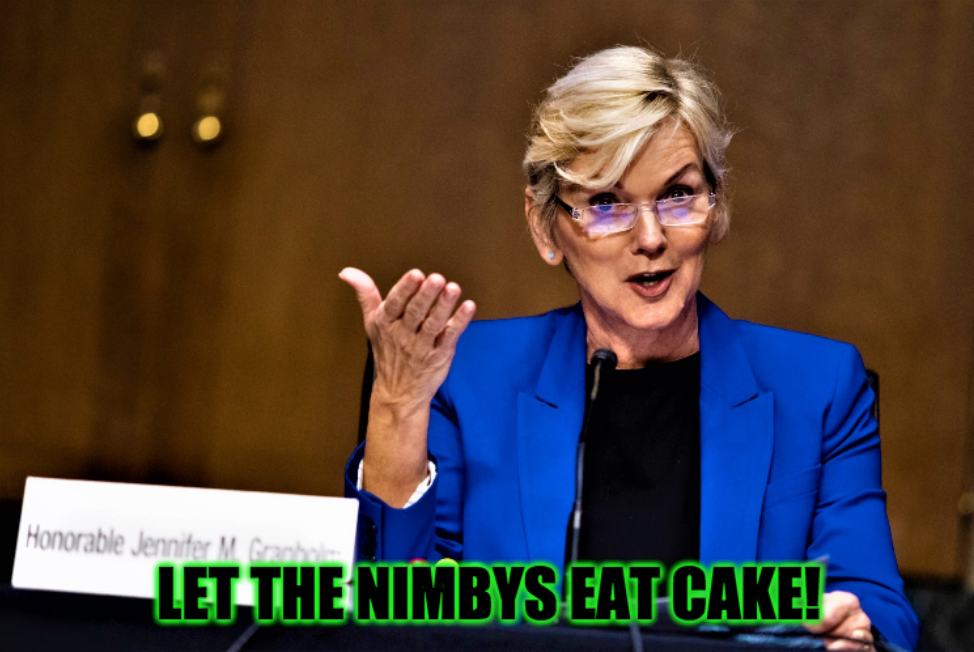
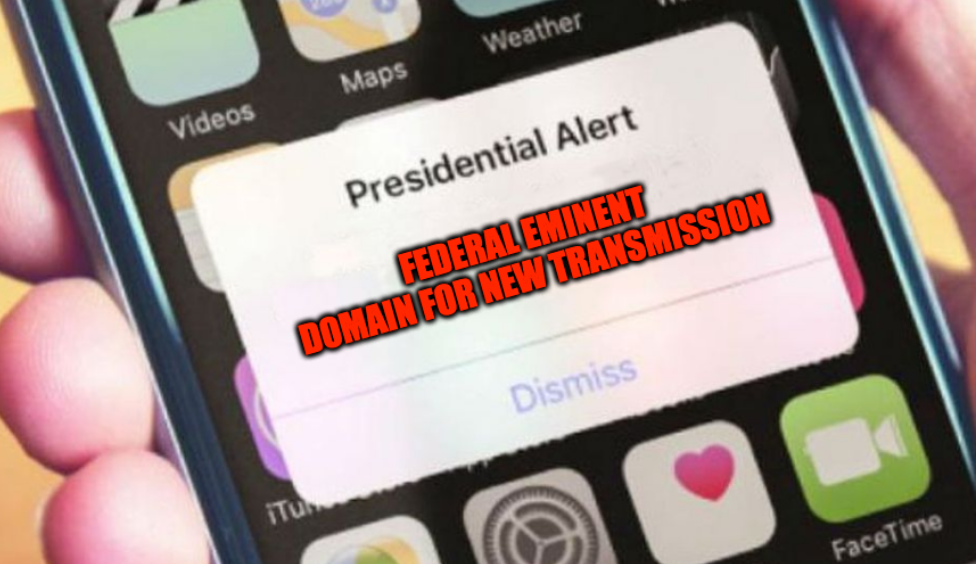
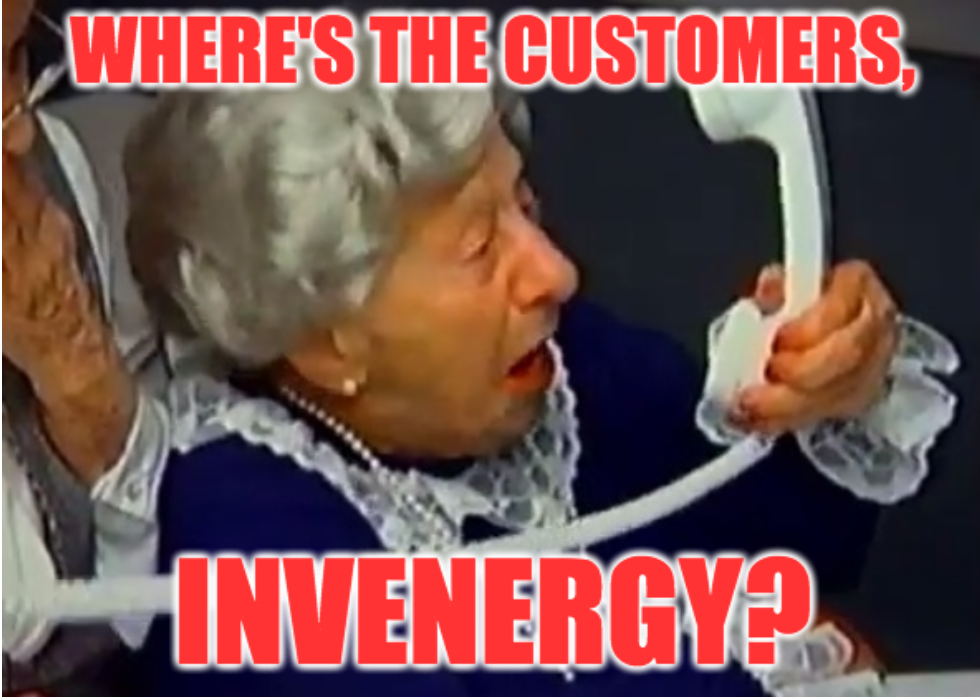
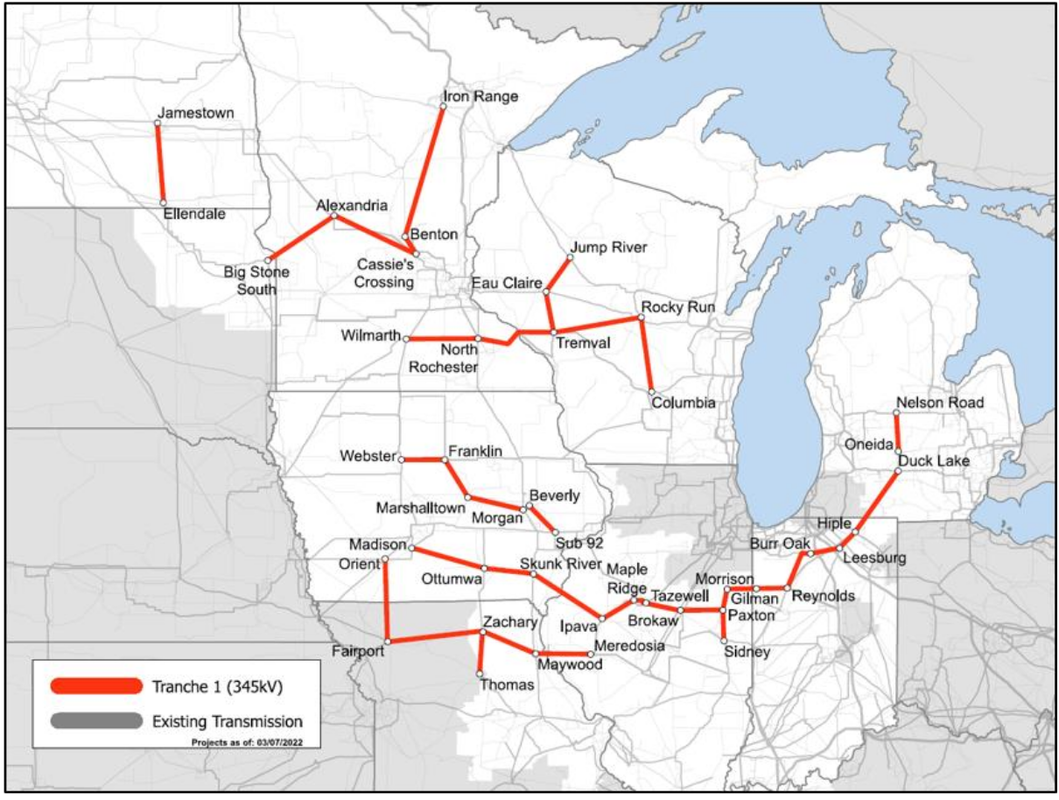
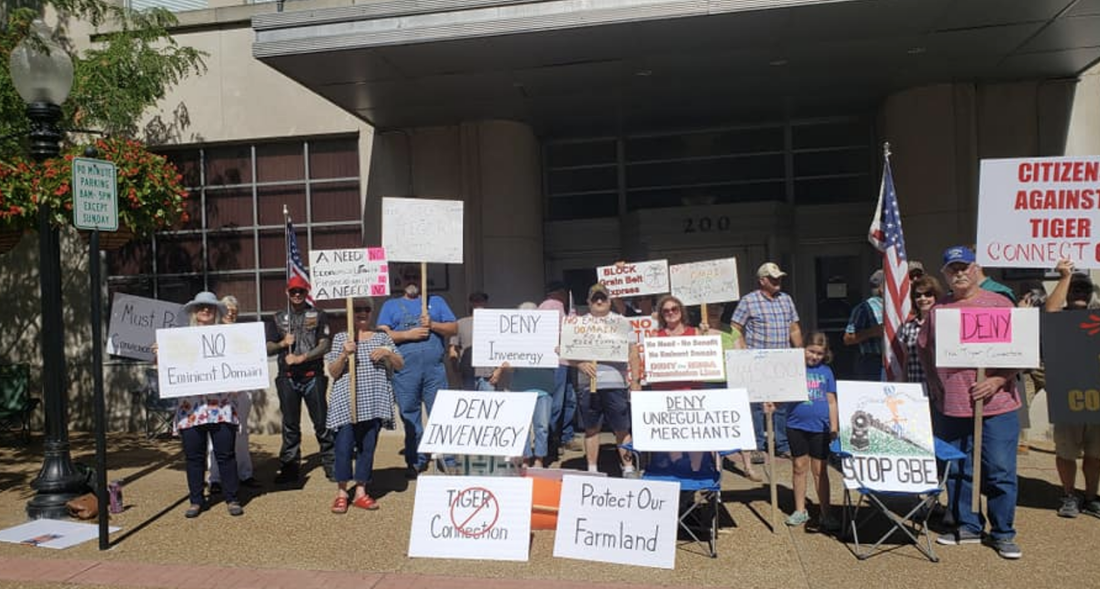
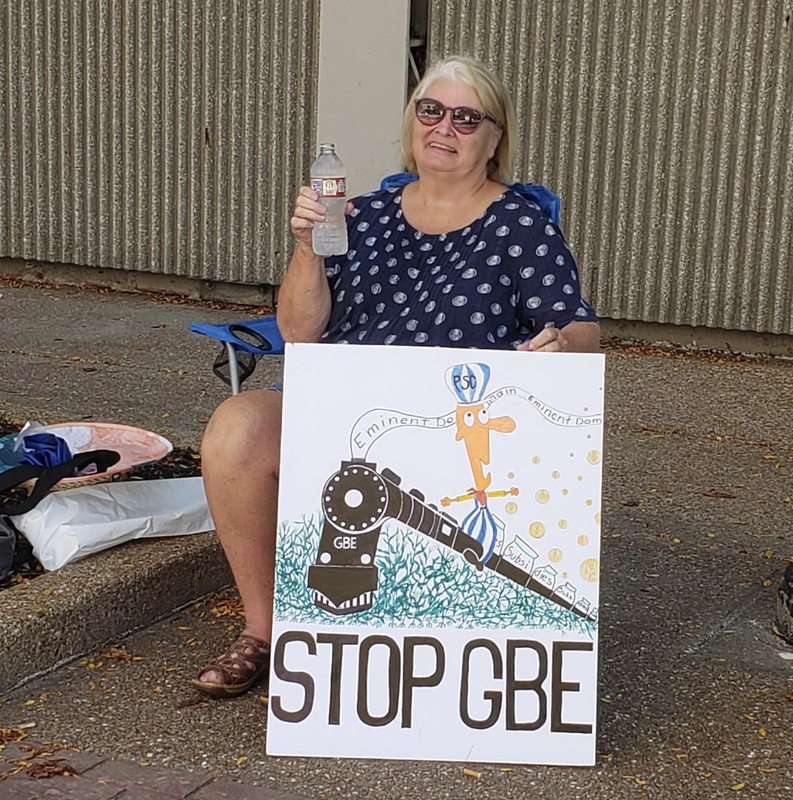
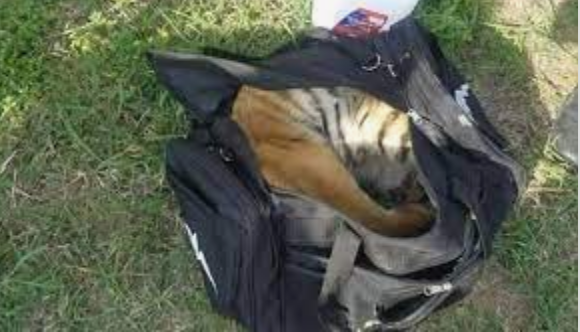
 RSS Feed
RSS Feed